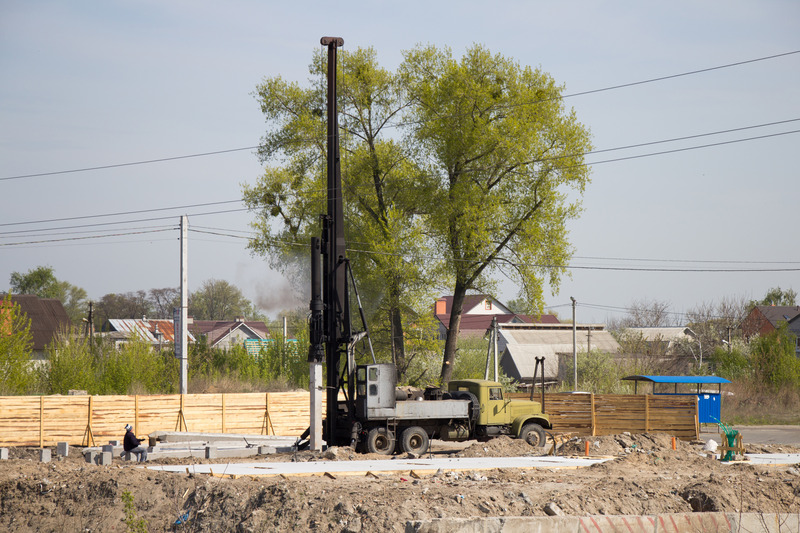Every home depends on clean, consistent water, but in rural locations where municipal water systems are not accessible, especially. Water well installation is a common solution guaranteeing an independent water source for Montana homeowners. Knowing the installation technique, rules, and advantages of water wells will help greatly, whether for household, agricultural, or business purposes. Examining the nuances of Water Well Installation in Montana, this article emphasizes important considerations for homeowners.
Understanding Water Well Installation
In Montana, water well installation is the drilling and setting up process used to reach groundwater. Many Montana people depend on private wells for their water source since many of their homes are far-off and feature large rural settings. To guarantee the system is efficient and safe, though, water well installation needs careful design, following rules, and professional knowledge.
The process starts with choosing a spot on the land where groundwater is most easily reachable. Geological conditions will be evaluated by licensed well drillers to guarantee the well draws on a sustainable and clean aquifer.
Importance of Proper Installation and Compliance
All Water Well installations in Montana must follow state rules under control by the Department of Environmental Quality (DEQ). This guarantees that wells satisfy all safety and environmental criteria are correctly sealed to stop contamination and are drilled to suitable depths. Suggested recommendations note that wells should be at least 100 feet deep to allow access to enough groundwater and guard against surface contamination.
Costs and Considerations for Water Well Installation
Several elements affect the cost of Water Well Installation in Montana: the depth of the well, the location of the property, and the kind of system put in place. A complete well system—including drilling, casing, and pump installation—should normally cost homeowners between $6,000 and $12,000. Costs could be higher for deeper wells or those in remote locations.
Although the initial outlay seems large, the long-term advantages of having an own water supply usually exceed the expenses. With good upkeep, Montana’s water wells usually survive several decades and offer a plentiful, self-sustained water source.
Benefits of Installing a Water Well
For Montana residents in rural or agricultural environments, especially, water well installation offers many advantages. Two main benefits are:
Having a private water supply eventually removes water bills, thereby saving a lot of money.
Independence: A private well offers dependable water free from municipal limits or water shortages.
Groundwater is a renewable resource, so wells help to avoid the need for extensive water movement, lowering environmental effects.
180 Water: Montana’s Trusted Experts in Water Well Installation
If you are looking for a reliable company for Water Well Installation in Montana, look no further than 180 Water. Emphasizing safety, compliance, and customer satisfaction, they provide professional advice and solutions for every need related to your water well, guaranteeing a sustainable water supply for your property.

